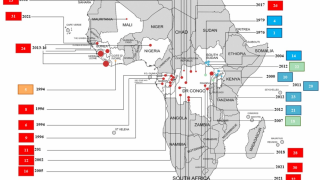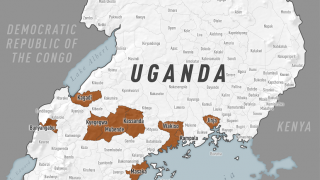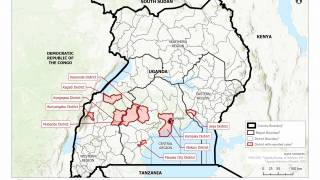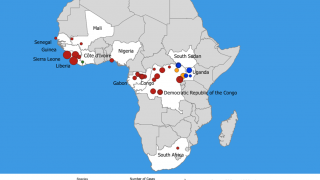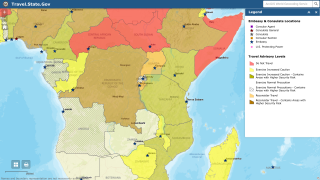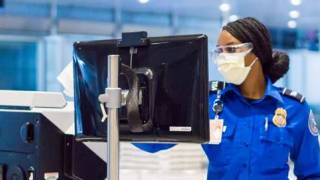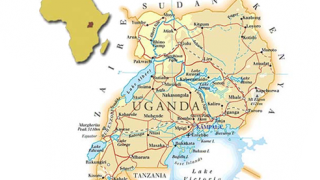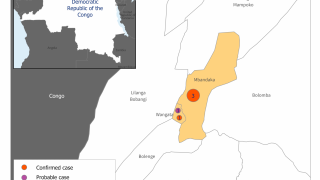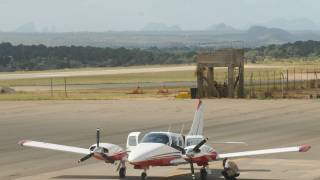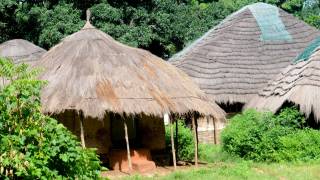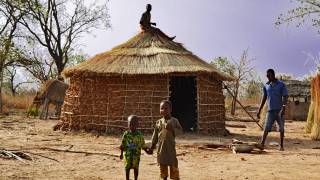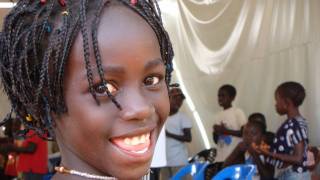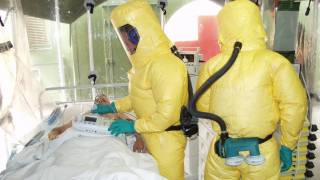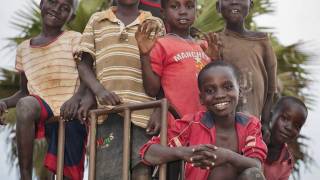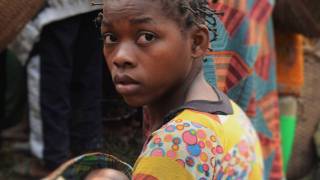New Ebola Outbreak in Africa May Need Merck’s Experimental Vaccine

The Government of the Democratic Republic of the Congo announced on August 1, 2018, that preliminary results indicate a cluster of new Ebola virus cases in North Kivu province.
The Ministry of Health of the Democratic of the Congo (DRC) informed the World Health Organization (WHO) that 4 out of 6 samples from North Kivu tested positive for Ebola virus.
Moreover, this bad news could become a worse situation.
WHO officials have not yet confirmed the strain of Ebola that has killed 20 people and sickened 4 others. This outbreak could be the Zaire, Sudan or Bundibugyo strain, WHO’s emergency response chief Peter Salama said.
If it is the Zaire strain, the Merck vaccine candidate rVSV-ZEBOV may be a prevention option. rVSV-ZEBOV is a recombinant, replication-competent vesicular stomatitis virus-based.
Otherwise, the situation will be much more complex “and we may not have any vaccine options”, Salama told Reuters at WHO’s headquarters.
The majority of these new Ebola cases are in the Mangina health area which is 30 kilometers from the city of Beni. The previous Ebola outbreak was located in Equateur Province, which is approximately 2500 km from North Kivu.
North Kivu hosts over 1 million displaced people. The province shares borders with Rwanda and Uganda with a great deal of cross-border movement.
This new Ebola outbreak comes within days of the July 24, 2018, Ministry of Health of the DRC, declaration of the end of the 9th outbreak of Ebola virus disease in the country.
That outbreak reported a total of 54 Ebola virus disease cases (38 confirmed and 16 probable). Of these cases, 33 died (overall case fatality ratio: 61%). Seven cases were healthcare workers, of whom two died.
Ebola virus disease, also known as Ebola hemorrhagic fever, is a rare and deadly disease that periodically causes outbreaks in several African countries. It is spread by direct contact with blood or body fluids of a person infected with Ebola virus. It is also spread by contact with contaminated objects or infected animals.
The US Centers for Disease Control and Prevention (CDC) issued a Level 1 Alert on May 15, 2018, which recommends ‘Usual Precaution’, saying the risk to most travelers to the DRC is low.
As of August 2nd, it appears the CDC removed this Ebola travel alert.
According to the CDC, since there is no commercially approved preventive vaccine or specific treatment for Ebola, it is important for people to take steps to prevent Ebola, such as:
- Avoid contact with other people’s blood or body fluids,
- Do not handle items that may have come into contact with a person’s blood or body fluids (such as clothes, bedding, needles, and medical equipment),
- Avoid contact with wild animals or with raw bushmeat,
- Avoid funeral or burial rituals that require handling a dead body.
Our Trust Standards: Medical Advisory Committee



